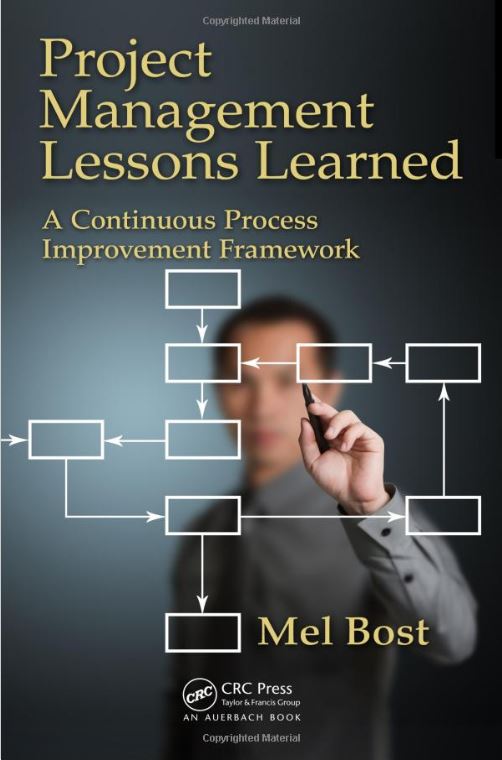
When I was about ten years old, growing up in Concord, North Carolina, there was an activity that I really enjoyed each week. It was watching the “Baseball Game of the Week.”
Now you have to understand that baseball on television then was very different from baseball on TV today. There was no WGN in Chicago to carry the Cubs games. There was no TBS in Atlanta to carry the Braves games. There was no ESPN to analyze the game of baseball from forty different angles.
There was simply one station–CBS–that carried whichever game it chose to cover, usually from the northeast and, most often, from Yankee Stadium featuring the New York Yankees. Go figure!!!!
Every Saturday, I was so excited for the 1:00 PM broadcast that I was actually seated in front of the television, with my favorite sandwich and beverage, at 12:30 PM waiting for the game.
As a result, I started watching a weekly series sponsored by the National Association of Manufacturers (NAM), entitled “Industry on Parade“, that preceded the baseball game. The series was a showcase of the latest manufacturing technologies and new approaches to emerging industries, like plastics, after World War II.
Although they did not emphasize its importance in the weekly shows, “Industry on Parade” was a great introductory course in PROCESS. In fact, it was probably the best “course” I ever took in PROCESS, as defined by the traditional Michael Hammer definition of “an organized group of related activities that together create customer value”. That includes my coursework while earning my undergraduate and graduate degrees in science, engineering, and business.
What “Industry on Parade” did for me was to “imprint” on my mind a visual image of a specific set of activities which together led to a finished product, service, or goal. The experience had such a profound effect on me that my approach to almost any situation from that point forward was to “look for” the PROCESS behind the actual description of the event.
And so it was that, when I learned about the discipline of project management, my first reaction was to think of it as a PROCESS. Project management, by description, had a “baseline” or “as is” state. Any improvements to the way that the project management “state” was planned and delivered then became a PROCESS IMPROVEMENT to an established or “baseline” practice or discipline.
As I observe the way we try to add complexity and more competencies to today’s project management practices, I wonder whether, in our haste to advance the practices of project management, we have forgotten the basic understanding that a project management “baseline” is first and foremost a PROCESS. In other words, it is set of activities which, when carried out in a specific sequence, yields a planned result that can be forecasted, measured, and made repeatable and consistent. (See Hammer’s book Beyond Reengineering, for example.)
Understanding a PROCESS is easy when the process is tangible, especially for visual and kinesthetic learners. Yet, practitioners of project management often seem to fail to see “the forest through the trees”–they fail to grasp that project management is, at its core, the implementation of a PROCESS. I truly believe that we should return to something similar to “Industry on Parade” for the training and guidance of our next generation of project managers.
Today, PMBOK characterizes itself as being a process or a series of processes which when taken together constitute “good project management practice.” But it’s not PROCESS in the purest sense.
Those who cite PMBOK as the process by which project management plays out are missing the key point that every PROCESS must have an objective, must have controls, and must be measured to ensure that it meets objectives and goals.
Those who develop the next iteration in the project management discipline should look back at “Industry on Parade” as a benchmark in creating long lasting, instructive visual images that illustrated project management as a PROCESS.
Click here to view a clip from “Industry on Parade”.
(in the very last section of this clip, the NAM inserted a public-service announcement in which references are made to Communism and Democracy, suggesting that “inflation” is akin to Communism)
Thank you.

Mel, I believe you present very valid comments concerning the PM approach, and you are also brave to take on PMBOK. I would like to see an example of PROCESS used in PM. Thanks for your well-done thoughts. Regards, Don
Don,
Thanks for the feedback. I know you and I talked before about PM as a PROCESS, the fact that it can be as simply described as Initiation, Planning, Execution and Close or expanded upon to include many more activities and tasks including Feedback. Look forward to your future comments. Mel Bost